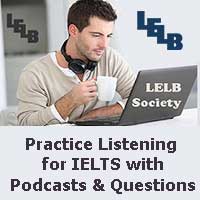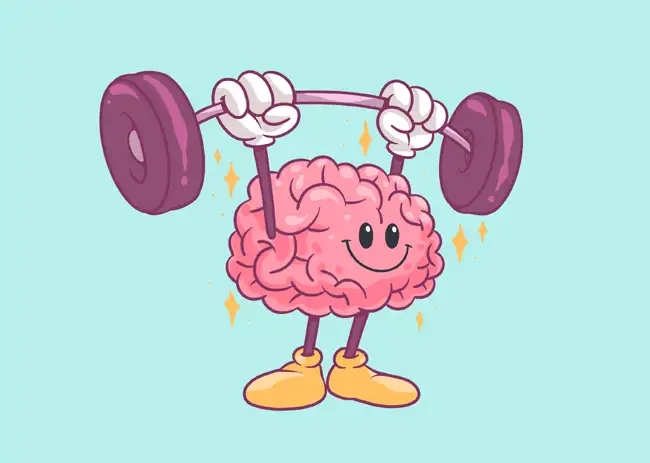Music IELTS Listening Reading Practice
Music IELTS Listening Reading Practice
IELTS Reading Practice
Source: https://www.hopkinsmedicine.org/health/healthy_aging/healthy_mind/keep-your-brain-young-with-music
Author:
Keep Your Brain Young with Music
Music can be medicine for your mind, with benefits from memory improvement to stress relief. Learn what Johns Hopkins experts are discovering—and how you can put it to use.
If you want to firm up your body, head to the gym. If you want to exercise your brain, listen to music.
“There are few things that stimulate the brain the way music does,” says one Johns Hopkins otolaryngologist. “If you want to keep your brain engaged throughout the aging process, listening to or playing music is a great tool. It provides a total brain workout.”
Research has shown that listening to music can reduce anxiety, blood pressure, and pain as well as improve sleep quality, mood, mental alertness, and memory.
The Brain-Music Connection
Experts are trying to understand how our brains can hear and play music. A stereo system puts out vibrations that travel through the air and somehow get inside the ear canal. These vibrations tickle the eardrum and are transmitted into an electrical signal that travels through the auditory nerve to the brain stem, where it is reassembled into something we perceive as music.
Johns Hopkins researchers have had dozens of jazz performers and rappers improvise music while lying down inside an fMRI (functional magnetic resonance imaging) machine to watch and see which areas of their brains light up.
“Music is structural, mathematical and architectural. It’s based on relationships between one note and the next. You may not be aware of it, but your brain has to do a lot of computing to make sense of it,” notes one otolaryngologist.
Everyday Brain Boosts from Music
The power of music isn’t limited to interesting research. Try these methods of bringing more music—and brain benefits—into your life.
Jump-start your creativity.
Listen to what your kids or grandkids listen to, experts suggest. Often we continue to listen to the same songs and genre of music that we did during our teens and 20s, and we generally avoid hearing anything that’s not from that era.
New music challenges the brain in a way that old music doesn’t. It might not feel pleasurable at first, but that unfamiliarity forces the brain to struggle to understand the new sound.
Recall a memory from long ago.
Reach for familiar music, especially if it stems from the same time period that you are trying to recall. Listening to the Beatles might bring you back to the first moment you laid eyes on your spouse, for instance.
Listen to your body.
Pay attention to how you react to different forms of music, and pick the kind that works for you. What helps one person concentrate might be distracting to someone else, and what helps one person unwind might make another person jumpy.




7. What are the health benefits of playing an instrument for our brain and body?
6. What are the benefits of picking up an instrument at any age?
What does playing musik do to your brain?
Corrections:
music
4. What are the skills in which musicians overtake others?
3. What is Corpus Callosum responsible for?
It connects both hemispheres.
Precisely.
2. Does playing music improve our IQ?
Correction:
It’s better to say: your IQ
Researchers founded playing an instrument just one hour a week for a few months could increase your IQ by 7 points or more.
Corrections:
Researchers have found / have found out that …
Thanks a lot.
You’re welcome. Anytime!
Which kind of music does narrator recommend to listening ,familiar music from lång time ago or New musik?
Corrections:
1. It’s better to say: which genre of music
2. the narrator
3. long time